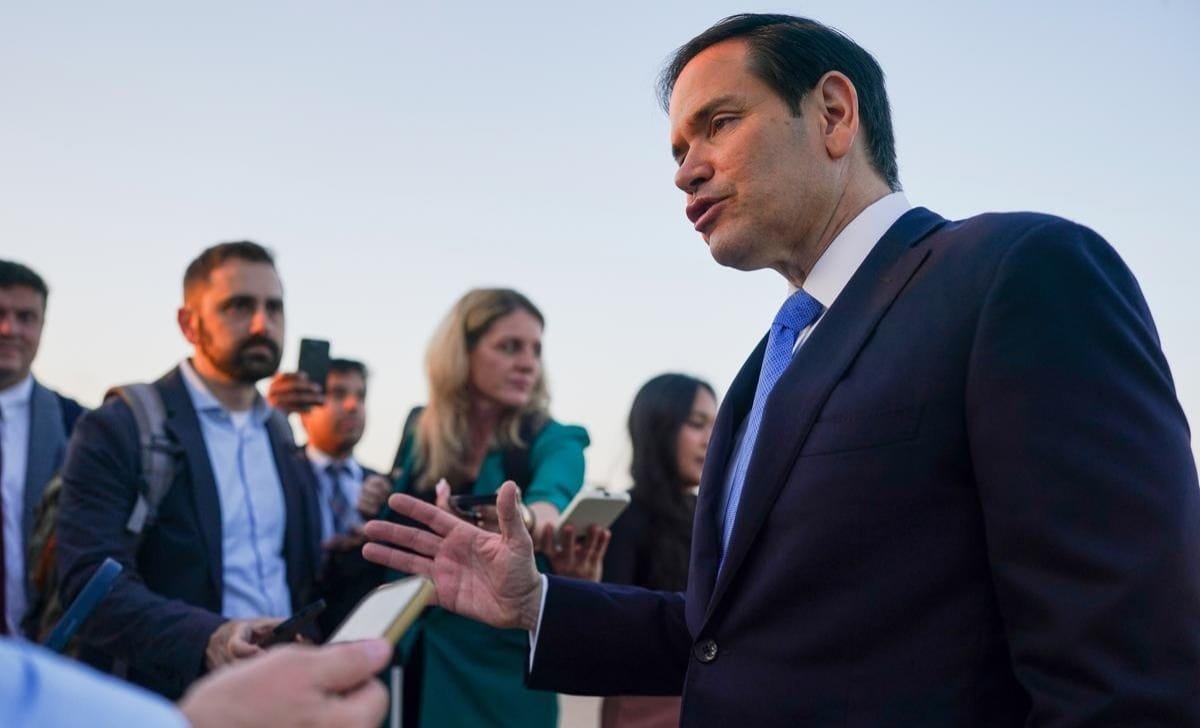The United States and Qatar are close to finalizing an enhanced defense cooperation agreement, according to Marco Rubio, who made the announcement as he traveled from Tel Aviv to Doha on Tuesday, September 16. His comments come amid sharp tensions following an Israeli strike in Doha targeting Hamas political leaders, which drew strong condemnation in the Arab world.
Rubio said the deal reflects a deepening of the existing partnership between Doha and Washington. He did not offer many details, but emphasized that the enhanced agreement aims to further solidify defense ties. The timing is particularly sensitive: Qatar has recently played a key role as a mediator in the Gaza conflict, alongside Egypt and the United States, and was hosting peace talks when the Doha strike occurred. Rubio urged Qatar to continue its mediator role, saying there is “a very short window of time in which a deal could happen.”
From Qatar’s perspective, the strike was described as “cowardly and treacherous,” but the country has insisted that it will not abandon its diplomatic role or be deterred from facilitating talks. While Qatar condemned the Israeli attack, its leadership has made clear that it will persist with mediation efforts.
The enhanced defense cooperation deal is expected to build on existing U.S.–Qatar military and strategic ties, notably with U.S. use of Al Udeid Air Base, and Qatar’s longstanding cooperation in regional security, counterterrorism, and diplomatic mediation. However, Rubio did not publicly reveal specific terms—such as expanded basing rights, force posture changes, or new capabilities, but described the agreement as close to final.
The move comes at a moment of political sensitivity: the Israeli strike has strained Qatar’s security calculus even as Doha is seen as a pivotal interlocutor in the ceasefire and hostage negotiations in Gaza. Strengthening military cooperation with the U.S. might offer Qatar both a clearer security guarantee and more leverage in its mediator role.





